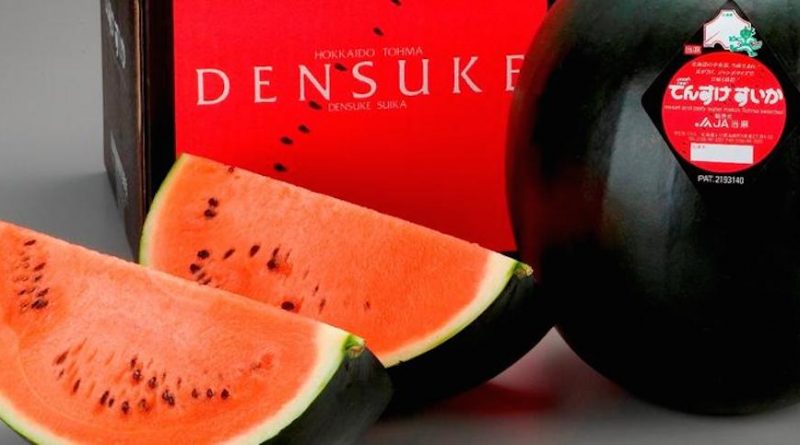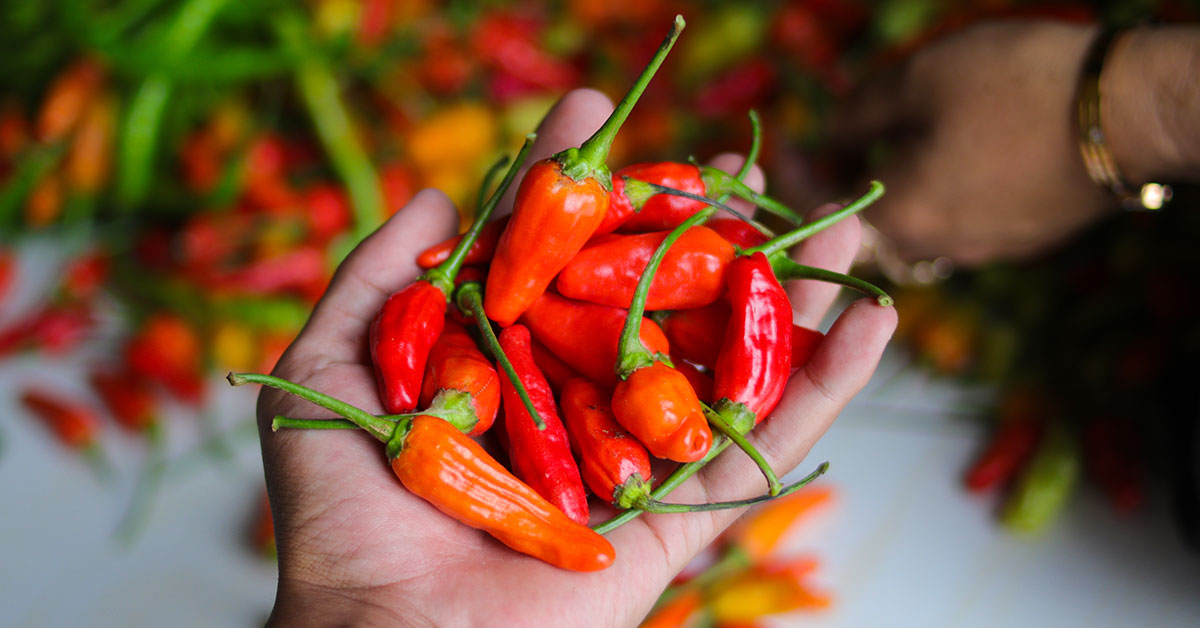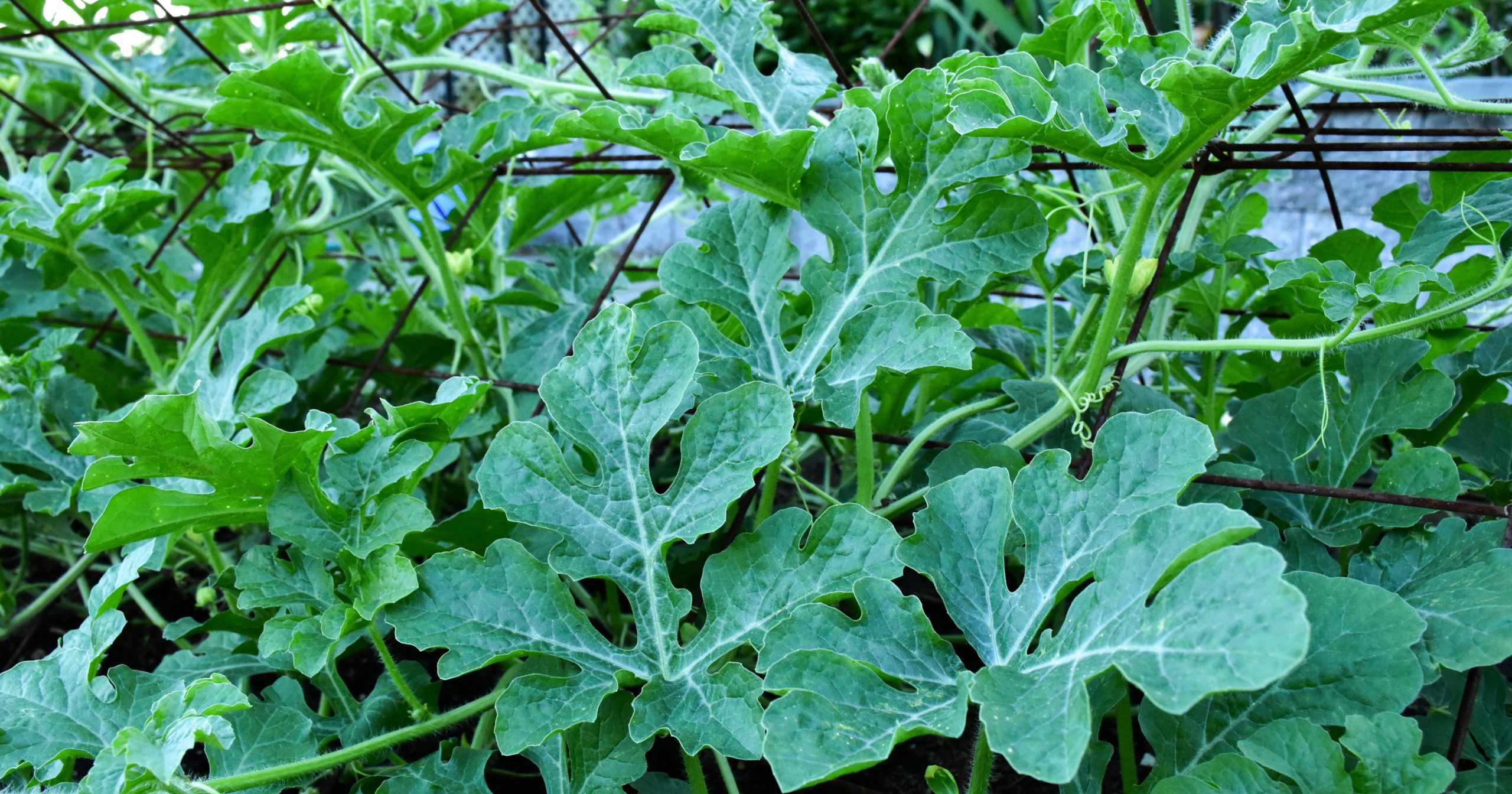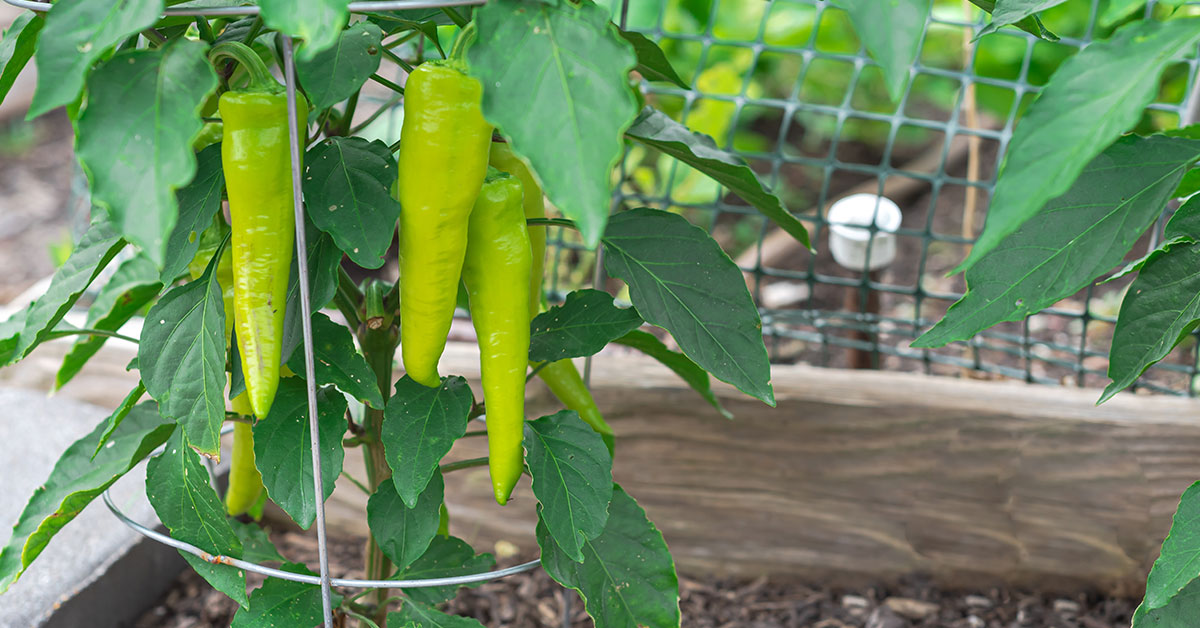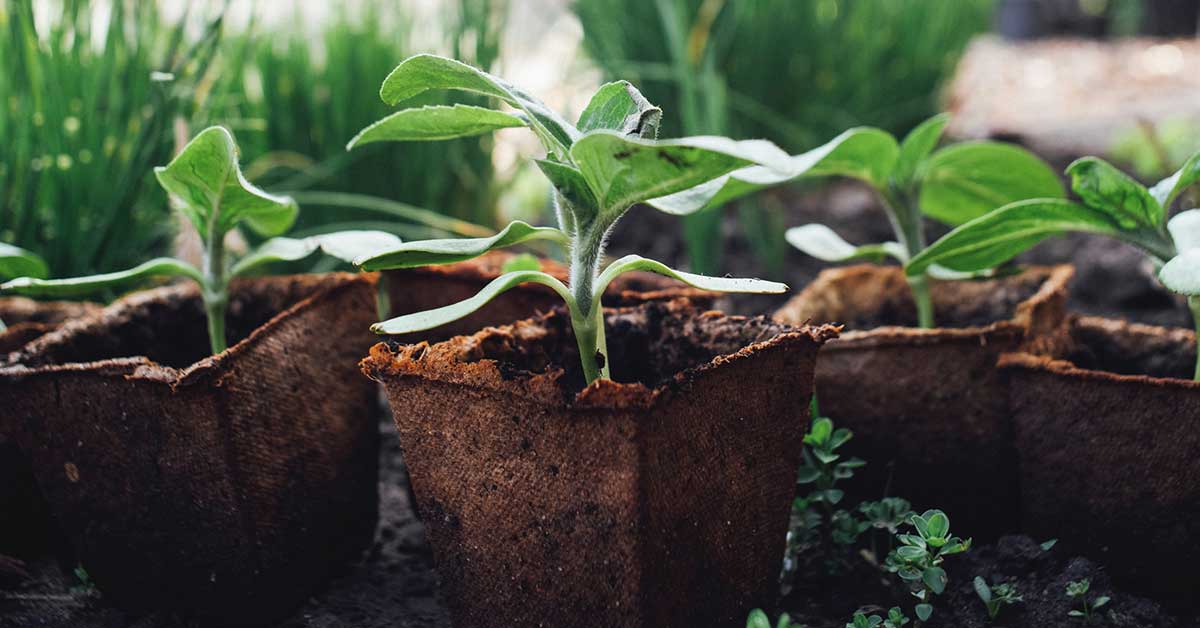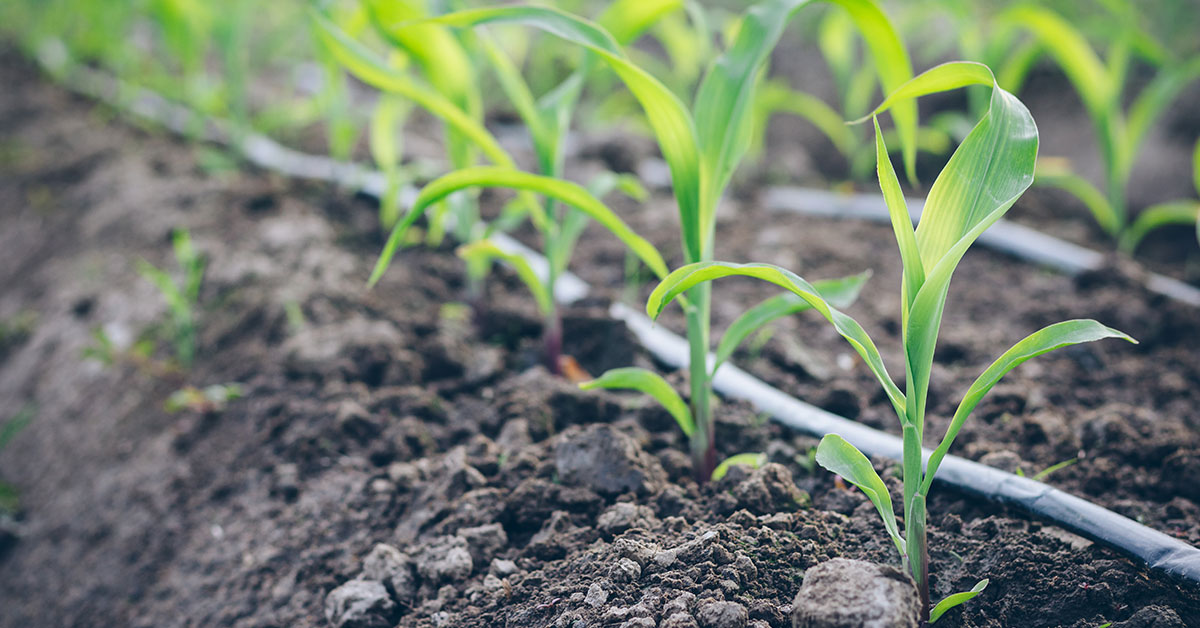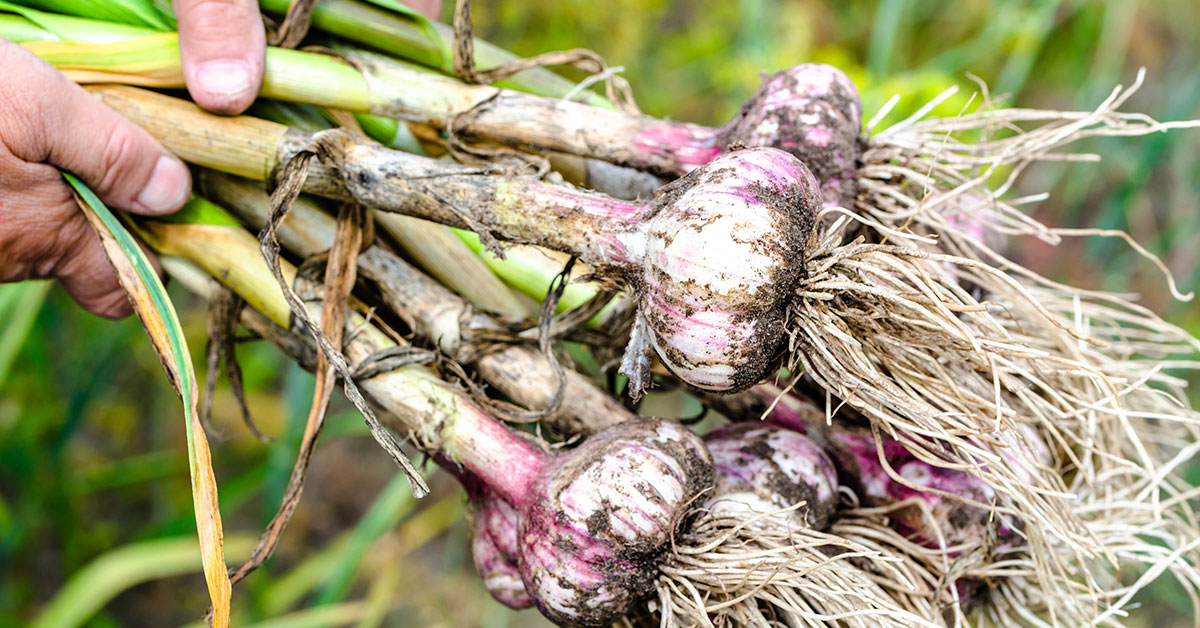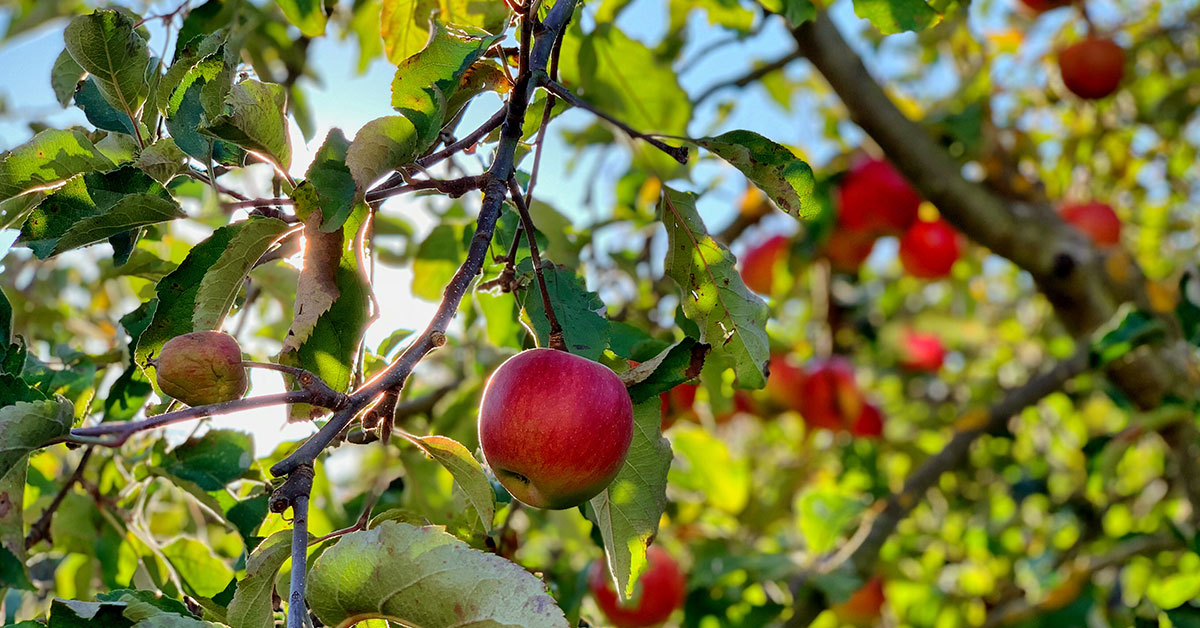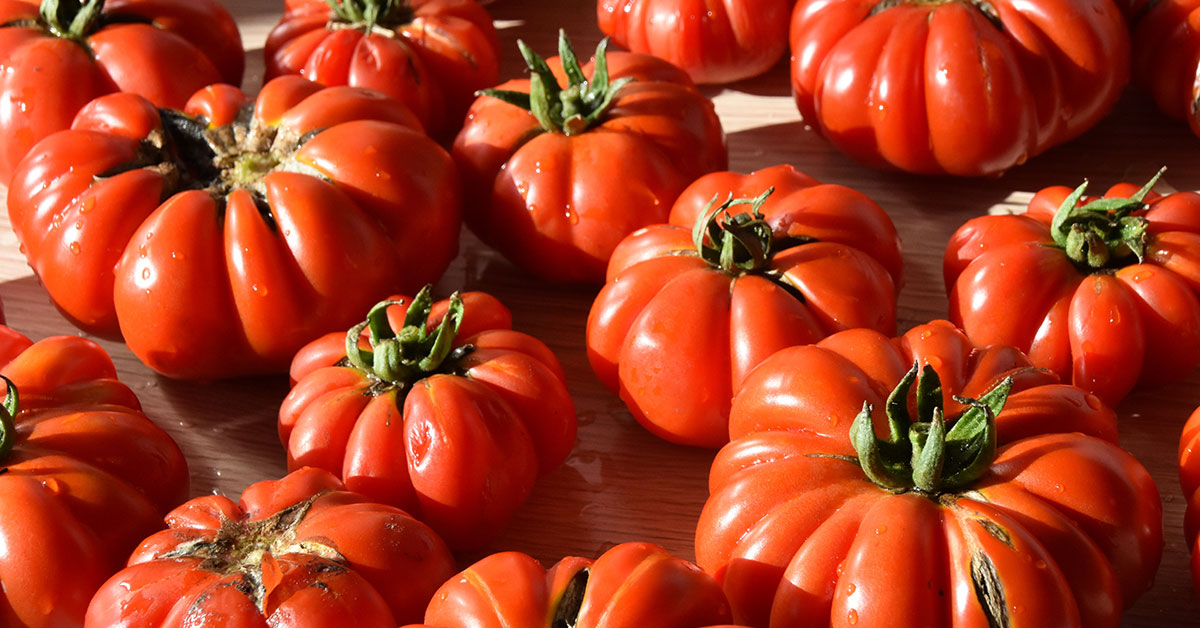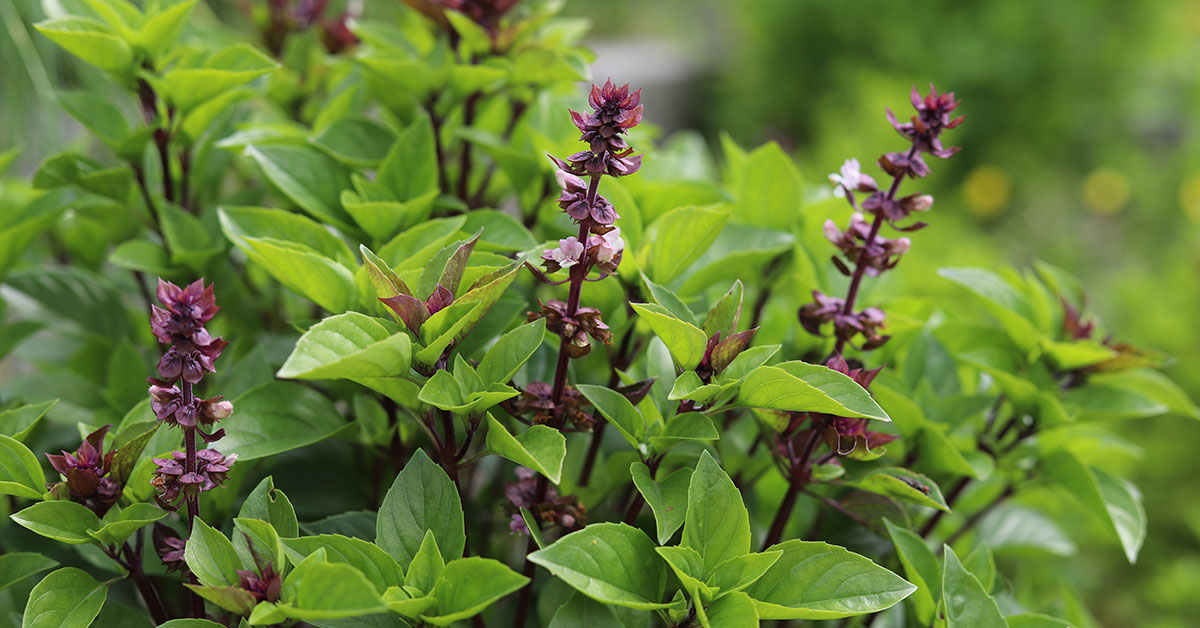Hidden away on the fertile landscapes of Japan’s northern island, Hokkaido, lies a culinary treasure that has captivated both taste buds and imaginations – Densuke watermelons. With its beguiling obsidian-hued rind, remarkably sweet flesh, and an aura of exclusivity, the Densuke watermelon stands as a testament to the artistry of nature and the mastery of cultivation.
This rare gem of the fruit world has transcended its humble origins to become a symbol of luxury, a cultural icon, and a palate-pleasing sensation. Join us as we journey into the realm of the Densuke watermelon, exploring its origins, unique qualities, and the allure that has turned it into a culinary legend.
What is a Densuke watermelon?
island of Hokkaido in Japan. It’s known for its distinctive appearance and exceptional sweetness. Here are some key features of the Densuke watermelon:
- Appearance: The Densuke watermelon is easily recognizable due to its unique appearance. It has a deep, glossy black or dark green rind, which sets it apart from the typical green rind of most watermelons. The rind is often described as being quite thick and hard.
- Size: Densuke watermelons are usually quite large, often weighing between 15 to 25 pounds (6.8 to 11.3 kilograms), although they can occasionally grow even larger.
- Sweetness: One of the most notable characteristics of the Densuke watermelon is its exceptionally high sugar content, which contributes to its delicious sweetness. This sweetness is highly prized by those who have had the opportunity to taste it.
- Limited Availability: Densuke watermelons are considered a luxury fruit due to their scarcity. They are grown in limited quantities on Hokkaido and are typically only available in select markets in Japan. Because of their rarity and desirability, they can command high prices, sometimes selling for hundreds of dollars each.
- Cultural Significance: In Japan, the Densuke watermelon has become something of a cultural symbol and is often given as a high-end gift or used for special occasions. It’s considered a delicacy and is associated with luxury and prestige.
- Growing Conditions: The unique growing conditions of Hokkaido contribute to the distinctive characteristics of the Densuke watermelon. The island’s climate and volcanic soil are believed to play a role in the watermelon’s sweetness and unique appearance.
Due to the limited availability and high demand, Densuke watermelons have become a sought-after collector’s item and are sometimes even auctioned for charity. While they are primarily known in Japan, their reputation for excellence has spread internationally among fruit enthusiasts and culinary aficionados.
Where to find Densuke watermelons
Finding Densuke watermelons can be quite challenging due to their limited availability and high demand. These watermelons are primarily grown in Hokkaido, Japan, and are often sold in select markets and high-end fruit shops within Japan. If you’re determined to experience the unique flavor and appearance of Densuke watermelons, here are a few suggestions:
- Specialty Fruit Markets in Japan: Look for upscale fruit markets, department stores, or gourmet food shops in major cities like Sapporo, Tokyo, and Osaka. These places sometimes carry Densuke watermelons during their peak season.
- Farmers’ Markets: Occasionally, farmers’ markets in Hokkaido might offer Densuke watermelons if you happen to be in the region during the harvest season.
- Online Retailers: Some online retailers in Japan might offer Densuke watermelons for purchase, especially during the peak growing season. Keep in mind that this option might be more expensive due to shipping costs and the rarity of the fruit.
- Auctions or Events: There have been instances where Densuke watermelons are auctioned for charity or showcased at special events. If you’re in Japan during such an event, you might have the chance to taste or purchase one.
- Imported Fruit Suppliers: In some cases, high-end fruit suppliers in other countries might import a limited quantity of Densuke watermelons. However, these could be quite expensive and may not be as fresh as those available in Japan.
- Culinary Experiences: High-end restaurants or culinary events might occasionally feature Densuke watermelons as part of their offerings. Keep an eye on menus or event announcements for any opportunities.
Remember that the availability of Densuke watermelons is highly seasonal and limited, and they are often considered a luxury item. If you’re truly determined to try one, it’s a good idea to plan your visit to Japan during the watermelon’s peak season, which is usually during the summer months.
Where to get seeds
Obtaining Densuke watermelon seeds can be quite challenging due to the rarity and limited distribution of these watermelons. Since Densuke watermelons are primarily grown in Hokkaido, Japan, and are considered a valuable and exclusive crop, finding their seeds for sale might not be straightforward. Here are a few potential approaches you could consider:
- Japanese Specialty Seed Suppliers: Some specialty seed suppliers in Japan might occasionally offer Densuke watermelon seeds for sale, especially during certain seasons. These suppliers might cater to professional growers or enthusiasts interested in unique and rare varieties.
- Japanese Agricultural Organizations: Agricultural organizations or research institutions in Japan that focus on crop development and preservation might have access to Densuke watermelon seeds. Contacting these organizations could provide you with insights on how to obtain seeds.
- Local Farmers or Seed Collectors: If you have connections within the agricultural community in Hokkaido or Japan, you might inquire if local farmers or seed collectors have access to Densuke watermelon seeds. This could be a more indirect and personal approach.
- Fruit Festivals or Events: Hokkaido, where Densuke watermelons are grown, hosts various agricultural festivals and events. Attending these events might give you the opportunity to network with growers or seed providers who could potentially share or sell Densuke watermelon seeds.
- Online Auctions or Marketplaces: Some online auction platforms or marketplaces might occasionally list rare seeds for sale, including Densuke watermelon seeds. Be cautious and ensure the authenticity of the seeds before making a purchase.
- Seed Banks or Preservation Initiatives: There are global seed banks and conservation organizations that work to preserve and distribute rare and heirloom plant varieties. While Densuke watermelon seeds might not be commonly found in such collections, it’s worth researching if any organization has included them.
Keep in mind that due to the rarity and value of Densuke watermelon seeds, they might be costly if you’re able to find them. Additionally, there’s no guarantee of successful cultivation, as growing these watermelons requires specific conditions and expertise. If you’re passionate about obtaining Densuke watermelon seeds, persistence, research, and networking within the agricultural community in Japan will be key.
Growing & care guide
Growing Densuke watermelons can be a rewarding but challenging endeavor, as these watermelons have specific requirements and are considered a rare and valuable variety. If you’re interested in cultivating Densuke watermelons, here are some general guidelines to consider:
- Climate and Location:
- Densuke watermelons thrive in a cool and temperate climate. Hokkaido, where they are primarily grown, has a climate that is suitable for their cultivation.
- If you’re outside of Hokkaido or an area with similar climate conditions, consider whether you can replicate the necessary conditions, such as cooler temperatures and a longer growing season.
- Soil Preparation:
- Use well-draining, fertile soil with a pH range of 6.0 to 6.8.
- Incorporate organic matter into the soil to improve its structure and nutrient content.
- Seed Selection and Germination:
- If you’re able to obtain Densuke watermelon seeds, ensure they are of high quality and from a reputable source.
- Start seeds indoors a few weeks before the last frost date. Watermelon seeds germinate best in warm conditions.
- Transplanting:
- Transplant seedlings outdoors when the soil has warmed up and all danger of frost has passed.
- Space the plants about 6 to 10 feet apart to give them ample room to spread.
- Support and Mulching:
- Provide support for the developing vines, as Densuke watermelon plants can be vigorous growers. Trellises or cages can help support the vines.
- Apply mulch around the plants to retain moisture, suppress weeds, and regulate soil temperature.
- Watering:
- Watermelons require consistent moisture, especially during their growing and fruiting stages. However, avoid overwatering, as waterlogged soil can lead to diseases.
- Fertilization:
- Apply a balanced fertilizer before planting and as the plants begin to produce fruit. Follow the recommendations on the fertilizer label.
- Pruning and Training:
- As the plants grow, you can selectively prune and train the vines to encourage air circulation and better fruit development.
- Pest and Disease Management:
- Monitor for common watermelon pests like aphids, cucumber beetles, and squash bugs. Use appropriate pest control methods if needed.
- Be vigilant for signs of diseases such as powdery mildew and take preventive measures.
- Harvesting:
- Densuke watermelons are typically ready to harvest when they have developed a deep, glossy black or dark green rind and have a hollow sound when tapped.
- Cut the watermelons from the vine, leaving a short stem attached.
It’s important to note that Densuke watermelons are known for their unique growing conditions and are considered a premium crop. Successfully growing them outside of Hokkaido or similar climates may be quite challenging. If you’re passionate about growing Densuke watermelons, consider starting with a small batch and dedicating extra attention to creating the right environment for their growth. Consulting with experienced watermelon growers and local agricultural experts can also provide valuable insights.
When to harvest Densuke watermelons
Harvesting Densuke watermelons at the right time is crucial to ensure they are at their peak of sweetness and quality. Here are some indicators to help you determine when to harvest Densuke watermelons:
- Rind Color and Texture:
- Densuke watermelons are known for their deep, glossy black or dark green rinds. The rind should have a uniform color without any patches of lighter green. It should also be smooth and free from blemishes or cracks.
- Hollow Sound:
- When you tap the watermelon gently with your knuckles, it should produce a hollow, deep sound. This indicates that the fruit is relatively full of water and has ripened well.
- Matte Rind Area (Belly Spot):
- On the underside of the watermelon, there’s usually a small area known as the “belly spot” that is dull or matte in appearance. This spot should have changed from a greenish color to a more yellowish or creamy hue.
- Drying of the Tendril:
- Some watermelon varieties, including Densuke, have tendrils (curly vines) near where the fruit attaches to the stem. When the tendril closest to the fruit has dried up and turned brown, it can be an additional sign that the watermelon is ripe.
- Sugar Content and Flavor:
- Taste is the ultimate indicator. Densuke watermelons are prized for their exceptional sweetness. If the watermelon is ripe, the flesh should be sweet, juicy, and have a pleasant watermelon flavor.
Remember that Densuke watermelons are delicate and can easily crack or get damaged if mishandled. When harvesting, use a sharp knife or shears to cut the stem, leaving a short piece attached to the fruit. Avoid pulling or yanking the watermelon from the vine.
Keep in mind that the optimal time for harvesting Densuke watermelons can vary depending on local growing conditions, climate, and other factors. Regular monitoring and observation of the fruit’s characteristics will help you determine the best time to harvest.
How much do Densuke watermelons cost?
The cost of Densuke watermelons can vary significantly based on factors such as their size, quality, availability, and market demand. These watermelons are considered a luxury item and are often sold at premium prices due to their rarity and unique characteristics. It’s not uncommon for Densuke watermelons to command high prices, especially for the most exceptional specimens.
A black jumbo watermelon auctioned in northern Japan fetched a record $6,100 in 2008, making it the most expensive watermelon ever sold in the country — and possibly the world.
The 17-pound premium “Densuke” watermelon, grown only on the northern island of Hokkaido, was purchased by a marine products dealer who said he wanted to support local agriculture, according to Kyodo News agency.
In a country where melons are a luxury item commonly given as gifts, the watermelon’s hefty price tag follows another jaw-dropping auction last month, where a pair of “Yubari” cantaloupe melons sold for a record $23,500.
